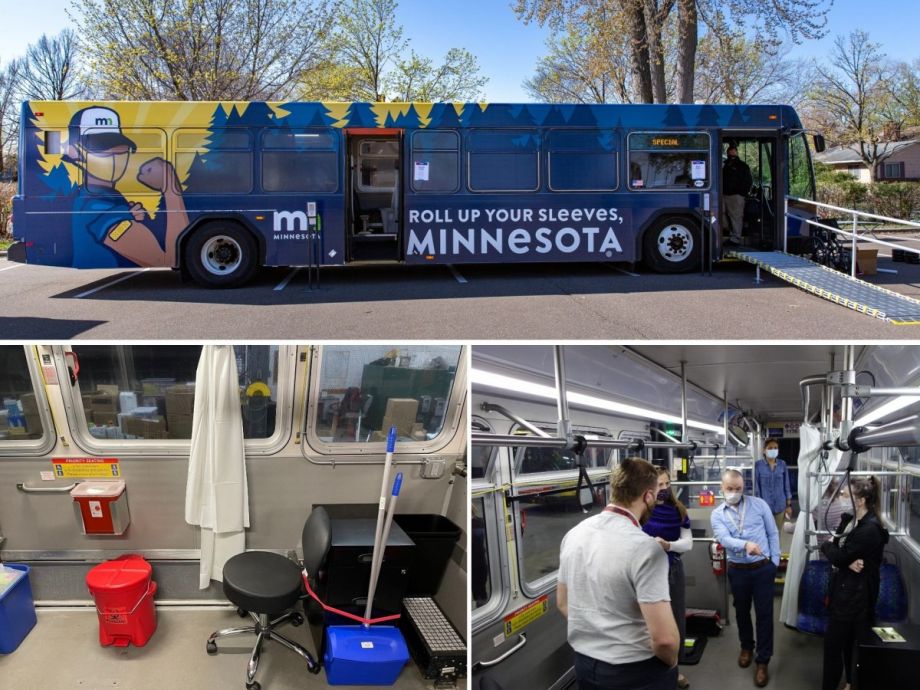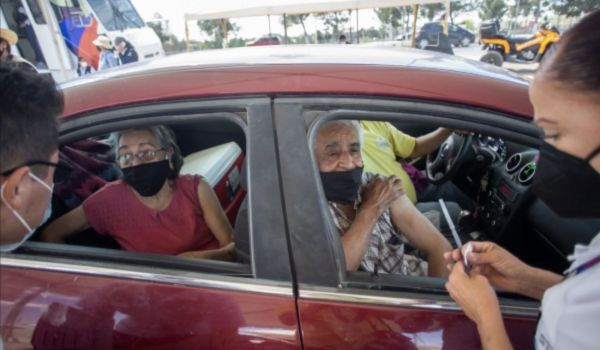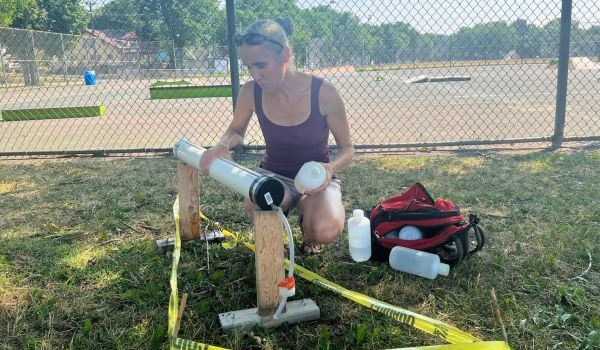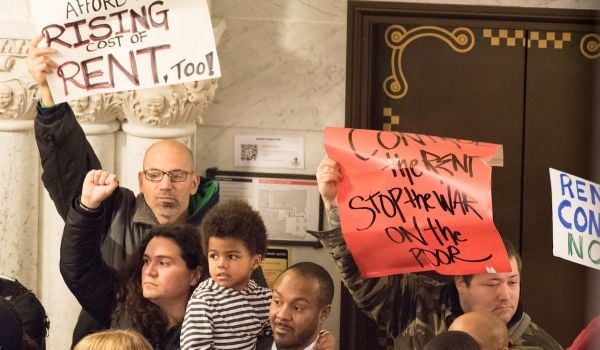Minnesota hopes to fully vaccinate 70% of its population 16 and over against the virus that causes COVID-19 by July 1.
Reaching that rate would allow the state to achieve herd immunity, where a virus is unlikely to infect people who lack immunity because a majority of a population would have it. But Minnesota anticipates falling short. As of June 7, only 60% of Minnesota’s population is fully vaccinated.
A small number of people in Minnesota are hesitant to receive the vaccine because they either don’t trust the vaccine or the government’s word.
Still, another group of people want the vaccine. They just don’t know where to find it, or if they can, they have a hard time getting to it. In Minnesota, as in many states, Black, Hispanic and Native American residents have received disproportionately fewer vaccine doses.
Meanwhile, Metro Transit, which provides transit service in the Twin Cities, had a surplus of buses available. The agency reduced service by as much as 40% as ridership plummeted during the pandemic.
After six weeks of planning earlier this year, the Minnesota Department of Health, along with Metro Transit and Blue Cross and Blue Shield of Minnesota, debuted six buses specifically retrofitted to provide COVID-19 vaccines in areas where people need it the most.
Planning began at the beginning of the year, when staff at the Minnesota Department of Health and the Minnesota Department of Transportation were wondering how to make vaccines more accessible to low-income communities, communities of color, and other marginalized communities. Blue Cross Blue Shield of Minnesota, who has been working with the Minnesota Department of Health for years on community health improvement projects, soon joined the conversation.
Blue Cross Blue Shield of Minnesota provided staff to check patients in and licensed clinicians to administer them the vaccines. Metro Transit worked with the health department and BCBS to retrofit the buses, which involved removing seats and relocating stanchions, as well as equipping the buses to draw power from an electrical outlet. They also provide the drivers. Retrofitting each bus cost $14,500, but the agency was able to reuse a number of parts. Meanwhile, the health department spent $53,000 in COVID-19 funds to provide the tools necessary for the buses to function.
Vaccine buses are dispatched to a part of the state if the state health department finds an “obvious gap” in vaccine access. The health department works with partners in the community to identify these gaps, which can include a fear of crowds given social distancing guidelines, a lack of access to transportation and technology, free time, or poor English proficiency. Community organizations can also reach out to the health department to request a vaccine bus.
Reception to the vaccine buses have mostly been positive. “I remember a woman at an event [at a community center in St. Paul’s Rondo neighborhood who] said, ‘you literally brought the vaccine to my backyard,’ ” says Emily Smoak, who runs the program at the state health department and previously worked as a transportation planner at the agency. Smoak adds, “We wanted to make sure that we were bringing buses to hard-to-reach people, as well as places where people already are and where people are going.”
In addition to the community center in St. Paul’s Rondo neighborhood, the vaccine buses have visited several small towns and farms in Central Minnesota, several apartment complexes and trailer parks in the Twin Cities suburbs, as well as ethnic strip malls in the Twin Cities proper.
One of the ethnic malls the buses have visited is Hmongtown, a Hmong-themed mall located half a mile northwest of the Minnesota State Capitol in St. Paul. They hosted three vaccine buses over two days, vaccinating 300 people.
Jameson Liu, who manages Hmongtown, says having the vaccine buses around was very helpful for their customers and proprietors. “Lots of vendors were happy that we brought a vaccine bus to them, because the vendors had no time or didn’t know how to find a vaccine site,” says Liu.
Sometimes people can be slow to come. One vaccine bus event in South Minneapolis on May 12, which Next City observed, administered 13 vaccines. Speaking to the challenges of getting people to vaccination events, Blue Cross and Blue Shield of Minnesota spokesperson Jenna Carter says, “With each and every location, we learn there is no cookie-cutter solution, and each site is custom to the community, so we work hard every day to ensure we are customizing our approach and solution for each community.” Thankfully, unused vaccine vials aren’t wasted unless opened, and can be transferred to another bus.
The buses, which administer the Moderna and Johnson & Johnson vaccines, will run until the end of August.
Update: We’ve added cost information from Metro Transit after receiving some additional information from the agency.

H. Jiahong Pan 潘嘉宏 (pronouns: they/them/佢/他) is a Minneapolis-based introverted freelance journalist who reports primarily on their lifelong passion: transportation issues. Find them on a bus of all types, the sidewalk, bike lane, hiking trail or perhaps the occasional carshare vehicle, camera and perhaps watercolor set or mushroom brush in tow, in your community or state or regional park regardless of season. If you can’t find them, they’re probably cooking, writing, curating an archive of wall art or brochures, playing board games, sewing or cuddling with their cat.
















